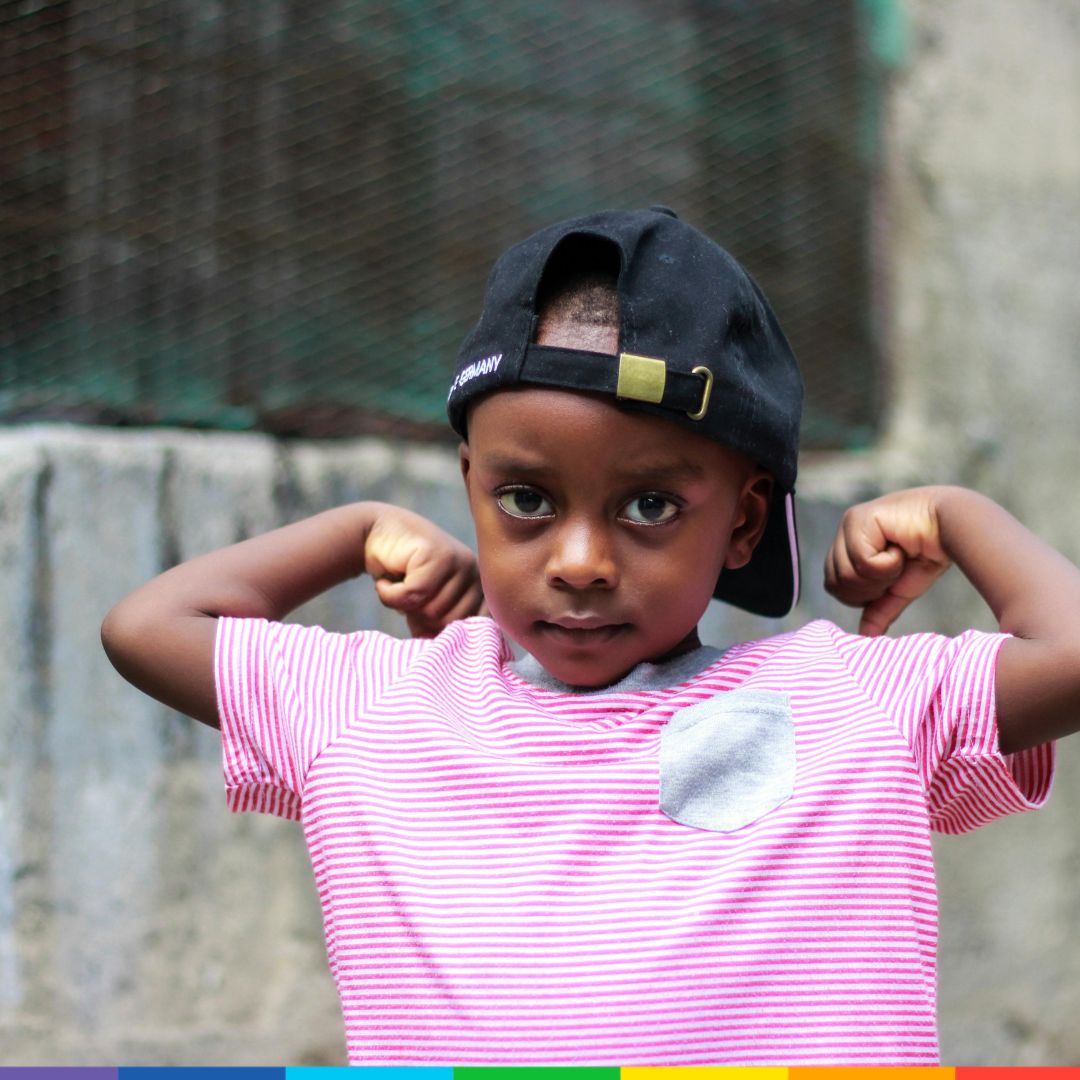
Parenting Tips
Preschoolers Love Pretend Play – How do they think?
September 26, 2022
Related
Topics

Hey
-

Big Feelings – Helping Kids Handle Them : Best Tips 101
February 25, 2026
-

How to Build Confidence in Shy Kids: 12 Evidence-Based Tips
January 26, 2026
-

How to Teach Emotional Regulation to Kids (Aged 3–8)
January 15, 2026
-

5 Ways to Nurture SEL at Home (Fun Activities)
January 1, 2026
-

How Early Social Emotional Learning Help in Successful Life?
December 11, 2025
Ready for more?
Hey
Sign up for Rainbow Kiddies newsletters for more stories and updates
Preschool age is a time when children are learning to see and understand how things work. They are learning to think more logically. Preschoolers love pretend play. Their perspectives and ways of thinking are taking shape and developing faster than you think. As per Jean Piaget, the famous psychologist, this stage is called the preoperational stage. The age group that he mapped to this stage was 2 to 7. Well, it keeps changing depending on each child, the kind of support they get from their environment, parents, teachers, caretakers, etc.
Preschoolers Love Pretend Play
While engaging in pretend play children are trying out new ideas they learnt, applying them and imagining possible impacts. This is a very important part of their cognitive development. When they are interacting with a character they have created, if you see them making any obvious mistakes, please chip in and correct them so they do not have the wrong ideas engraved in their brains. This is also a good time to start helping them with assertiveness techniques. Help them be more logical, to expect positive responses, be respectful, and kind. Also teach them to honor their own needs and that of others in a nice way.
Perspectives through Pretend Play
Another tendency you might observe when they pretend play or interact with you is egocentrism. This is when they assume that everyone around them thinks like them and notice or observe whatever they do. You may want to tell them very kindly that it is not so. This is also probably one reason why they need you to do whatever they are doing.
Very often they do not seem to understand that your work or chores are important. Playing is their priority and so they assume it should be the same for you. It is not selfish behavior; it is just that they still do not know how the world or people around them work or behave differently from them. Take some time off to tell them very patiently about how perspectives and perceptions can change from person to person, and how they should be respecting that. Do not expect them to understand at the first go. It will take time, so just keep explaining whenever you can.
Meanwhile do spend time playing with them whenever you can. That will help them learn and grow faster. Let them take the lead and decide how and what they want to play. Play along, make some mistakes and learn from each other.
Ways of Thinking

If you must have noticed, children have their own sweet way of answering why and how questions. They are trying to build logic into what they see and explain cause-and-effect relationships. A few main concepts that they use in preoperational stage are animism, artificialism and transductive reasoning.
Animism
Animism is believing that inanimate objects could behave like living things. Children often imagine that inanimate things are the cause for many phenomena that they see around them. When they hit their leg against a surface or fall down the parents often beat up the surface as if to ascertain their doubts. I am not sure if it happens around the world. It happens in India for sure. It is fun to play along with kids at that age. As they grow older, and as they start differentiating between living and non-living things, they even forget that they had once held the chair or floor responsible for their falls and bumps.
Artificialism
Artificialism is when a child imagines that environmental phenomena like rains, winds, etc., are created by some sort of human intervention. They may imagine that it rains because somebody might be sad right now up in the sky, it is windy because someone is blowing hard and so on.
Cause-effect relationships
Other funny ways of thinking might be relating two unrelated events and coming up with a cause-effect relationship. Some children feel that it is morning whenever the sun shines. This is something I have heard too often – “See, the sun is shining so bright. Isn’t it morning again?”. Well, then you must try explaining how a day rolls out. Again, have patience because this might have to be repeated until they get it right. 😊
Centration
Another funny way of thinking is when they cannot understand that an object stays the same even if it changes shape. A slice of cake when cut into smaller pieces is still the same quantity as before. Kids cannot yet understand multiple characteristics or dimensions. This is called centration.
So, the next time your child fights for the larger quantity check if they are referring to the size or number and fix the situation accordingly. Reality might take some time for them to accommodate and assimilate. Take it slow. You could try putting the pieces back together to show them that it is of the same size. If you are in no mood to solve a puzzle, best option is to make an exchange and then explain verbally.
The Happy Learning Child – Encourage Pretend Play
As children grow older, see, and understand how more things work, they will get a hang of it all. You may do your part by trying to explain and demonstrate wherever you can. As their vocabulary grows this process will become a lot easier and their grasp will become a lot faster too. Until then enjoy the cutest thoughts and childishness. Having said all this, let me add something more. All the tendencies that were explained in this post need not be common for all children. Every child is different, always remember that.
Have fun with your little ones!
Sign Up for your Free Parenting Guide: “10 Everyday Ways to Raise an Emotionally Strong Child”




